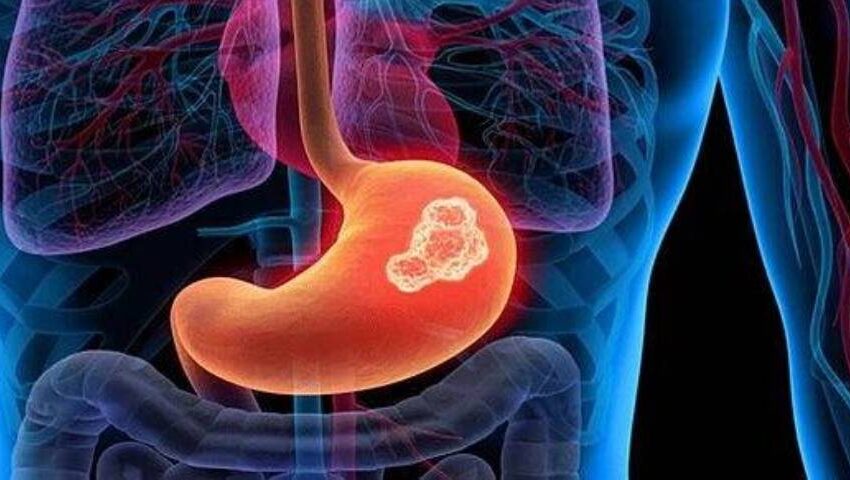
- 23/02/2021
- Dr. Samrat Jankar
- 0 Comments
- Blog
Screening for Stomach Cancer- All you need to know
Where cancer occurs in the stomach is one-factor doctors use when determining your treatment options. Treatment for stomach cancer involves surgery to remove the stomach cancer. Furthermore, your doctor may recommend other treatments before and after surgery.
There are some stomach cancer screening trials, which can help in the early detection of the condition.
Endoscopic ultrasonography is a type of ultrasound that is used to examine the inside of the body. An X-ray is a type of radiography that uses a beam of light to reveal. Magnetic resonance imaging (MRI) is a type of imaging (MRI).
Stomach (Gastric) Cancer Screening
Early detection of stomach cancer can help a person live longer or decrease the chance of dying from the disease. In the case of stomach cancer, the chance of recovery is better if the condition is found and treated at an early stage.
There is no routine screening test for stomach cancer.
Various screening tests have been used to locate stomach cancer at an early stage. Such screening tests include:
- Barium-meal gastric photofluorography: A series of x-rays of the esophagus and stomach. You may have to drink a liquid that contains barium (a silver-white metallic compound). It coats the esophagus and stomach after swallowing.
After that, photographs are taken of the x-ray images. These photographs are processed so that the organs appear quickly. Also, this makes it possible to see the organs’ motion while exposing you to less radiation.
2. Upper endoscopy: A procedure to look within the esophagus, stomach, and duodenum. It helps to look for abnormal areas. An endoscope is passed from the mouth and down the throat into the esophagus
An endoscope is a thin and tube-like instrument with light. It also has a lens for viewing. The endoscope has a tool to remove tissue, which is checked under a microscope for disease signs.
3. Serum pepsinogen levels: It is a test that measures the levels of pepsinogen in your blood. Low levels of pepsinogen are a symptom of chronic gastric atrophy. It may lead to stomach cancer.
Some researchers believe that people with certain risk factors may benefit from stomach cancer screening. These include:
- Older adults with chronic gastric pernicious anemia or atrophy
- If you have had any of the following conditions:
- Polyps in the stomach
- Partial gastrectomy
- Familial adenomatous polyposis (FAP)
- Hereditary nonpolyposis colon cancer (HNPCC)
If you come from countries where stomach cancer is more common
Risks of Stomach (Gastric) Cancer Screening
A decision regarding stomach cancer screening tests can be difficult. Not all screening tests are helpful, and some have risks. So, before having any screening test, you may want to consult your doctor. It is crucial to know the dangers of the test. Also, find out whether the test has proven to reduce the risk of dying from stomach cancer.
Some risks of screening for stomach cancer include the following:
Finding stomach cancer cannot improve health or help you live longer
Screening may not improve your health. It also cannot help you live longer if you have an advanced stage of stomach cancer.
False-negative test results can occur
Screening test results may appear fine even though stomach cancer is present. If you receive a false-negative result (shows there is no cancer when there is), it can delay medical care even if there are symptoms.
False-positive test results can occur
Screening test results may show abnormality even though there is no cancer. A false-positive test result (one that shows cancer when there isn’t) can cause anxiety. After that, more procedures and tests also occur, which also have some risks.
The screening test itself may cause the side effect
An upper endoscopy may cause the following rare but severe side effects:
- A small hole in the stomach or esophagus
- Heart problems
- Breathing problems
- Lung infection from inhaling fluid, food or stomach acid into the lung
- Severe bleeding that requires, care
- Reactions to medication used during the procedure
Consult your doctor if you have a high risk of stomach cancer. If you have a long family history of stomach cancer, consider tests, such as endoscopy. It will help you look for signs of stomach cancer and treat it at an early stage.
